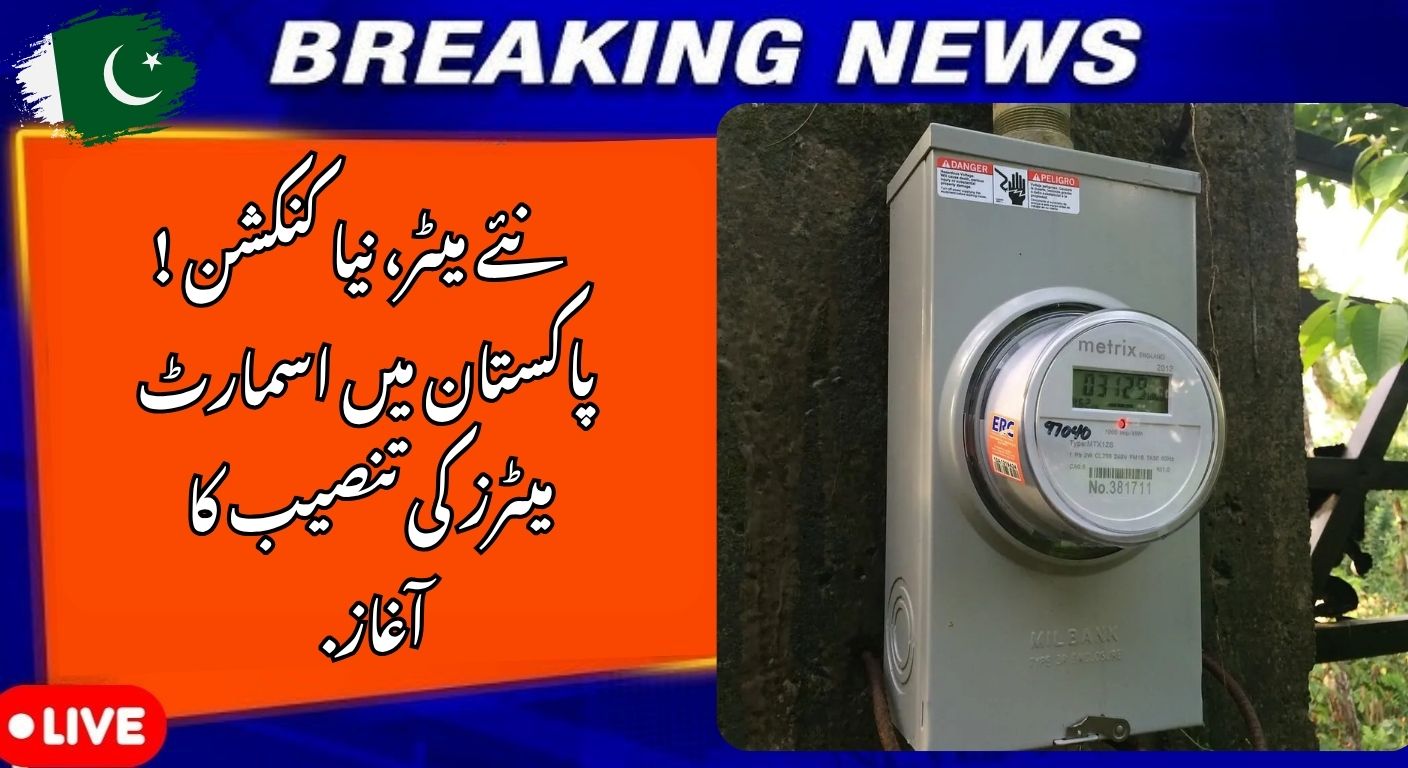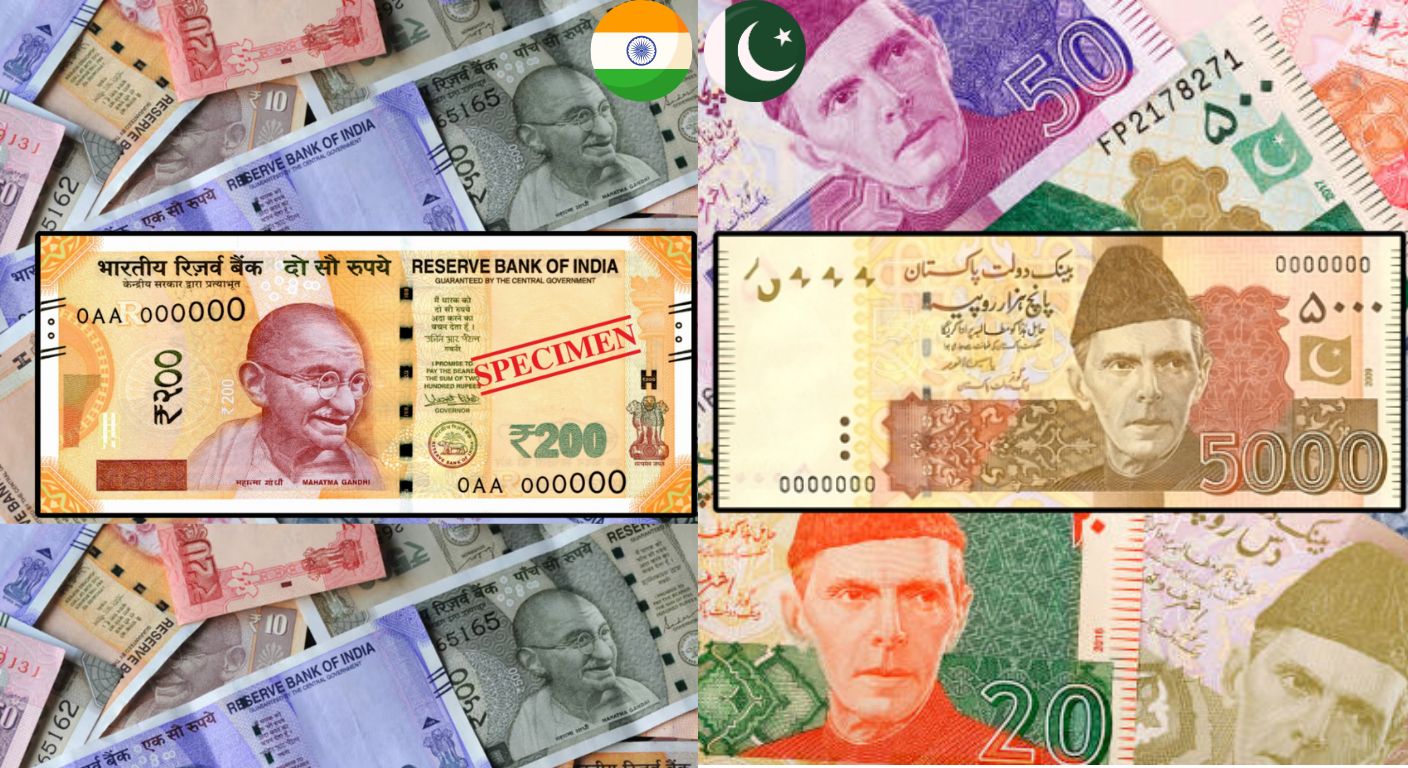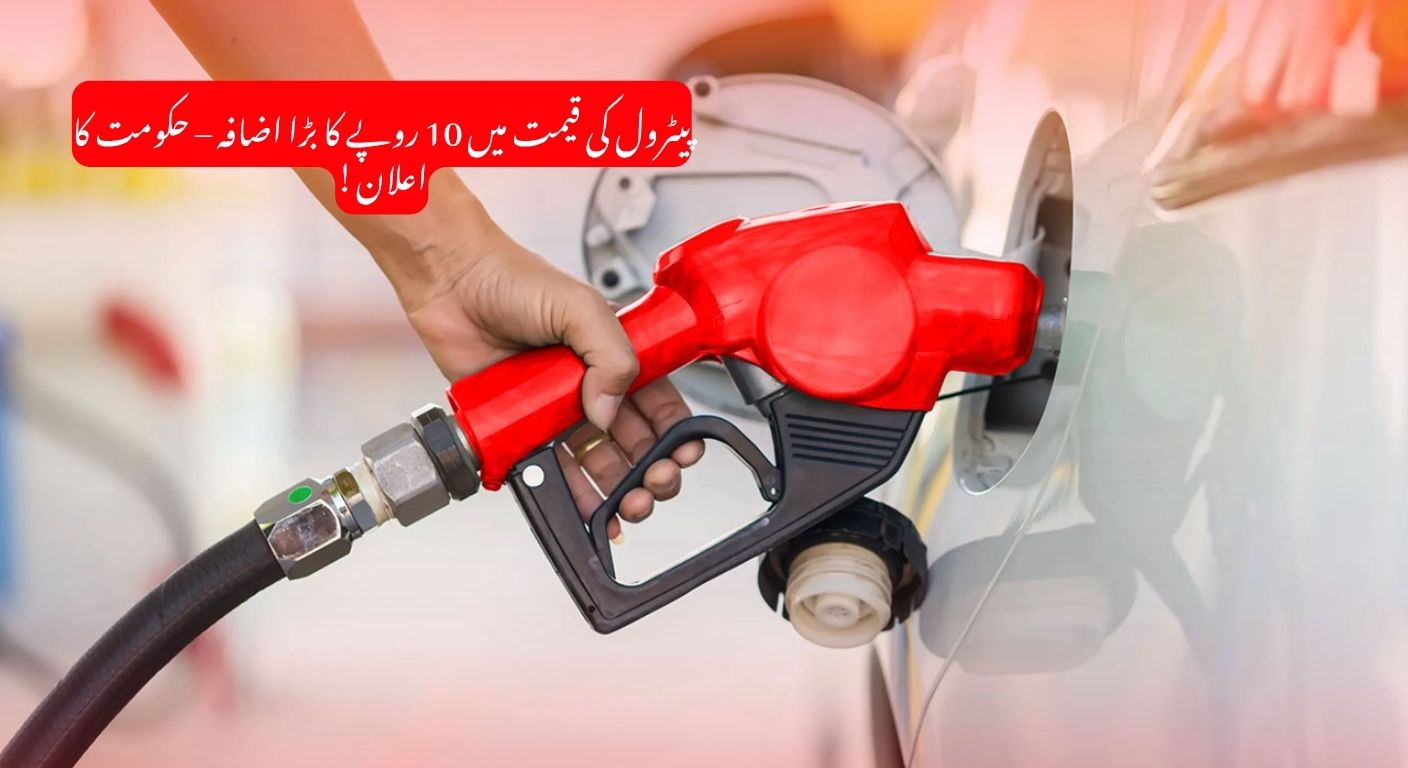Pakistan has entered a new phase of modernization in its power sector as the Ministry of Energy (Power Division) officially begins the installation of smart electricity meters across the country. This national project is a major leap toward building a transparent, efficient, and technology-driven energy system. According to officials, smart meters will improve billing accuracy, reduce losses, and help consumers monitor their electricity use in real time.
What Are Smart Meters and How Will They Help?
A spokesperson for the Power Division explained that smart meters will automatically record electricity consumption and share the data directly with consumers and electricity distribution companies (DISCOs). This technology will remove manual readings, minimize billing errors, and prevent overcharging.
For the first time, electricity users will have access to real-time usage data, giving them full control over how much energy they consume and how they can save it. The system will also make the billing process more transparent, reliable, and customer-friendly.
Digital Transformation of Pakistan’s Energy Sector
The smart meter project is one of the most significant steps in Pakistan’s journey toward digital energy management. Through a mobile application, every consumer will be able to:
- Check daily and monthly power usage.
- Compare current and previous bills.
- Manage household or business electricity consumption efficiently.
Apart from convenience, this system will help combat two of Pakistan’s long-standing power issues — electricity theft and line losses. Officials believe smart meters will make it easier to identify illegal connections and reduce wastage, saving billions of rupees each year.
Key Benefits of Smart Meters
| Feature | Description |
|---|---|
| Real-time monitoring | Consumers can track power use anytime through an app. |
| Accurate billing | Eliminates manual reading errors and human interference. |
| Reduced electricity theft | Detects unauthorized connections quickly. |
| National savings | Could save up to Rs. 25 billion annually. |
Lower Costs and Major Savings
The Ministry of Energy has also succeeded in reducing the cost of each smart meter from Rs. 20,000 to Rs. 15,000, making it more affordable for large-scale installation.
If Pakistan replaces around five million traditional meters each year, experts estimate potential savings of Rs. 25 billion annually. These funds can then be reinvested in improving power infrastructure, reducing circular debt, and strengthening the national grid.
Making Life Easier for Consumers
With the help of smart meters, every electricity consumer will have a personal online account linked to their meter. The mobile app will provide detailed insights, such as when consumption spikes and which appliances use the most energy. This will help households and businesses reduce electricity waste and plan their energy budgets better.
The new system will also eliminate billing disputes, one of the most common complaints among consumers, and build greater public trust in Pakistan’s power distribution companies.
Step Toward Prepaid Electricity
In the subsequent section, the government plans to introduce a pay as you go power system related to the smart meter community. Much like prepaid cellular offerings, consumers could be able to buy electricity earlier and use it as wished. This move will simplify bills, increase flexibility, and similarly sell transparency inside the billing process.
Conclusion
The set up of smart meters in 2025 marks the start of a brand new digital generation for Pakistan’s energy zone. With more correct billing, fewer losses, and higher manipulate for purchasers, the undertaking guarantees to reshape the united states’s electricity control device. It is a step closer to a current, sustainable, and transparent energy future so as to advantage both the government and the human beings of Pakistan.












